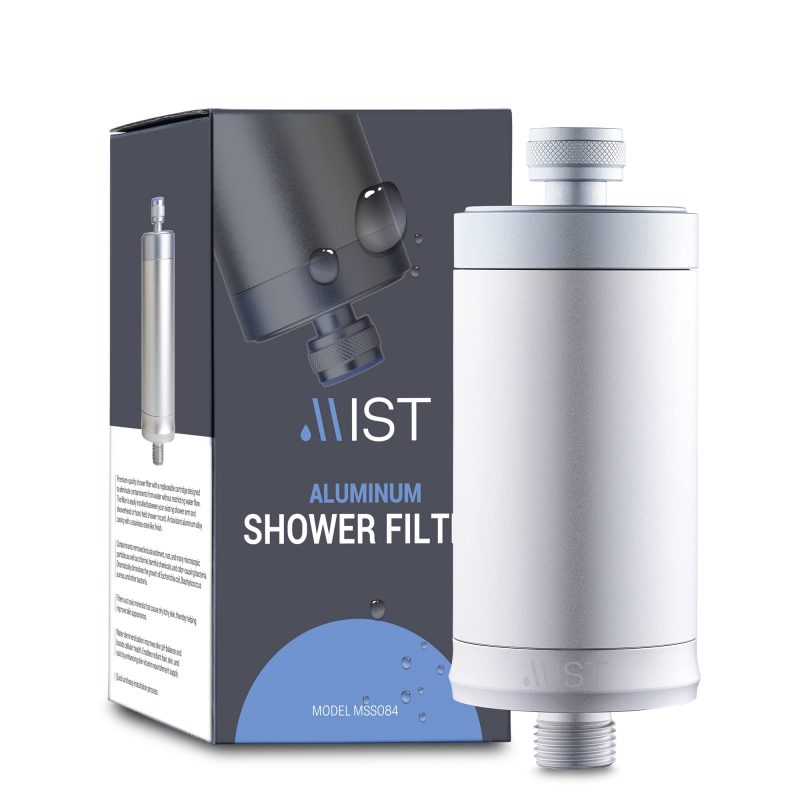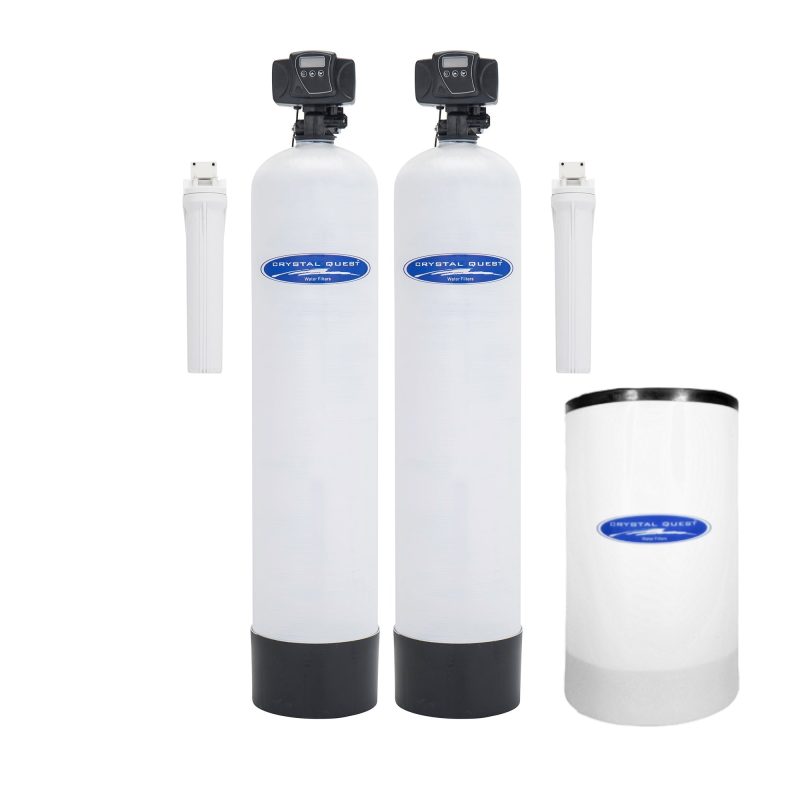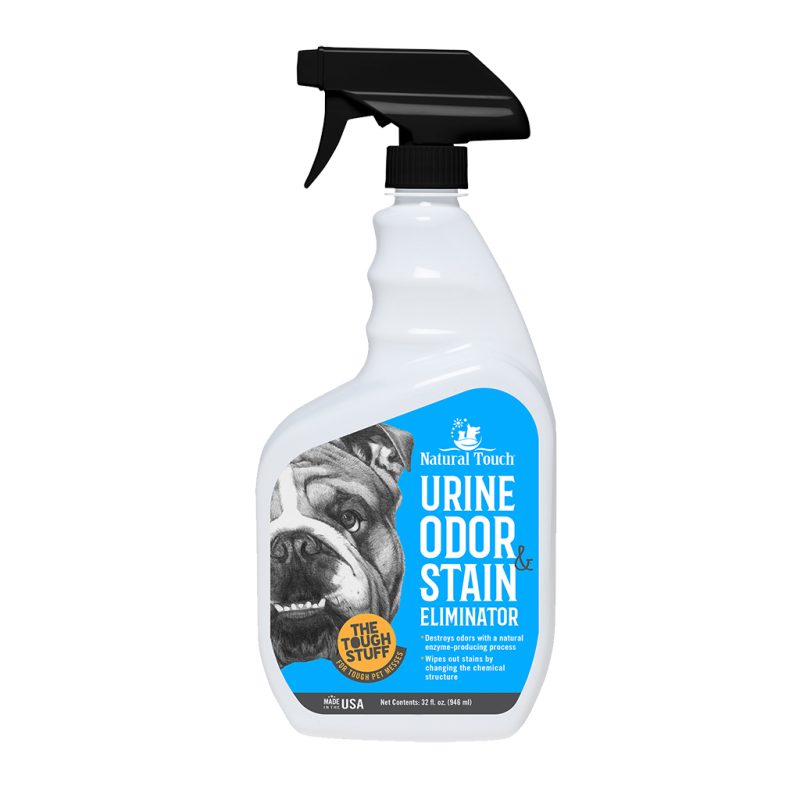This post contains affiliate links. As an Amazon Associate, we earn from qualifying purchases.
A carbon water filter cannot kill legionnaires’ disease. Legionnaires’ disease is a severe form of pneumonia caused by legionella bacteria that live in freshwater environments, such as lakes and rivers.
They can also be present in man-made water systems like fountains, hot tubs, and air conditioning systems. The disease spreads when people inhale mist or water droplets containing the bacteria. Carbon water filters no matter how advanced, cannot eliminate legionella bacteria.
In this article, we will explore legionnaires’ disease, its symptoms, causes, and prevention methods. We will also discuss the various water filtration systems and their effectiveness in removing bacteria from water.

Credit: premieresales.com
What Is Legionnaires Disease And How Is It Spread?
Can A Carbon Water Filter Kill Legionnaires Disease?
Legionnaires’ disease is a rare and serious lung infection caused by bacteria called legionella. This disease received its name after a severe outbreak in 1976 infected attendees of an american legion convention in philadelphia. According to the centers for disease control and prevention (cdc), each year an estimated 25,000 cases of pneumonia caused by legionella bacteria occur in the united states.
Therefore, before installing any water filter, it is crucial to understand the risks and potential sources of infection.
Explanation Of What Legionnaires Disease Is
Legionnaires’ disease is a severe type of pneumonia caused by the legionella bacterium. It can result in severe health complications or even death, especially among people with weaker immune systems. The infection is caused by breathing in water mist containing the legionella bacteria.
Transmission Of Legionnaires Disease Through Water
The legionella bacteria typically grow in warm water environments, such as hot tubs, cooling towers, and large plumbing systems. When the bacteria spread through the air in tiny droplets of water such as mist or vapor, people can inhale the bacteria and get infected.
Additionally, drinking contaminated water could also cause infection, although it’s less common.
Risk Factors For Legionnaires Disease Infection
The most significant risk factor is age; people over age 50 are more vulnerable to the disease. People who have weakened immune systems, like those with chronic respiratory or kidney diseases, diabetes, or cancer, are also vulnerable. Smokers or ex-smokers, alcoholics, and people recently hospitalized or who have recently undergone surgery may also be at higher risk.
Legionnaires’ disease is a deadly respiratory infection that is transferable through inhaling contaminated water. Carbon water filters are effective at reducing the impurities in the water but are not powerful enough to kill bacteria and viruses. If you’re considering using a carbon filter, ensure that the water bacteriological test is done to identify the bacteria’s presence.
Prevention of legionnaires’ disease mainly involves proper maintenance of plumbing systems, which will eradicate the bacteria and provide clean, healthy water.
The Role Of Carbon Water Filters In Preventing Legionnaires Disease
Water is an essential part of our daily life, and we need safe and clean water to keep ourselves healthy. However, contaminated water can cause severe health problems like legionnaires’ disease. Legionella bacteria, which cause the disease, can breed in water sources where there is a buildup of bacteria, algae, or other organic matter.
One of the best ways to prevent the spread of legionnaires’ disease is by using a carbon water filter. Let’s explore how carbon water filters remove contaminants from water, their effectiveness in removing legionella bacteria, and how they compare to other water treatment methods.
How Carbon Water Filters Remove Contaminants From Water
Carbon filters are extremely effective in removing impurities, chemicals, and other harmful substances from water. Here are some of the key points on how carbon water filters remove contaminants from water:
- Carbon filters work by adsorption, which is the process of attracting and removing impurities from water. The carbon filter’s surface area is full of small pores that adsorb contaminants and impurities.
- Carbon filters capture chlorine and other harmful substances, which can cause a bad odor and taste in water.
- Carbon filters clean water without removing essential minerals that our body needs, such as calcium and magnesium.
Effectiveness Of Carbon Water Filters In Removing Legionella Bacteria
So, how effective are carbon water filters in removing legionella bacteria? Here are some key points:
- Carbon water filters are not designed specifically to remove bacteria from water; they are primarily used to remove chemicals and impurities that affect the water’s taste and odor.
- Recent studies have shown that carbon water filters can remove legionella bacteria under certain conditions. However, it depends on the type of carbon filter, the amount of legionella bacteria in the water, and the water’s temperature and ph levels.
- To be safe, it’s recommended to use a combination approach to remove legionella bacteria, including maintaining the water at high temperatures, disinfecting water systems, and using carbon filters.
Comparison Of Carbon Water Filters With Other Water Treatment Methods
Carbon filters are just one of many water treatment methods available in the market. Here’s how carbon filters compare with other methods:
- Reverse osmosis (ro) is another popular water treatment method that uses a membrane to remove impurities from the water. However, it requires a lot of energy and generates a lot of wastewater.
- Ultraviolet (uv) water purification is another method used to kill bacteria, viruses, and other microorganisms in water. However, it doesn’t remove impurities and contaminants from the water.
- Chlorine is one of the oldest methods of water treatment and has been used for over 100 years to kill bacteria and other microorganisms in water.
While carbon water filters are not designed specifically to remove legionella bacteria, they can help to reduce impurities and chemicals that can affect the taste and odor of water. To prevent legionnaires’ disease, it’s important to use a combination of water treatment methods, including disinfecting water systems, maintaining water temperatures, and using carbon filters.
By following these steps, we can ensure that our water is clean, safe, and healthy to drink.
Factors To Consider When Selecting And Installing Carbon Water Filters
Can A Carbon Water Filter Kill Legoneers Disease
Legionnaires disease is a type of pneumonia caused by legionella bacteria, which can thrive in warm water. This disease can lead to severe health complications, and in severe cases, it can even be fatal. One of the most effective ways to prevent legionnaires disease is to install a carbon water filter in the water system.
However, when selecting and installing carbon water filters for legionnaires disease prevention, a number of factors should be considered.
Choosing The Right Type Of Carbon Water Filter For Legionnaires Disease Prevention
Choosing the right carbon water filter is essential for legionnaires disease prevention. There are two types of carbon filters to choose from; one is granular activated carbon, and the other is block activated carbon. Carbon filters have been shown to be effective at removing legionella bacteria from water.
The level of filtration required for legionnaires disease prevention is not very high, which means that most carbon filters are suitable.
Here are some of the key points to consider when selecting the right type of carbon water filter for legionnaires disease prevention:
- Granular activated carbon filters are more suited for large water systems, while block activated carbon filters are designed for smaller systems.
- To ensure optimal performance, carbon filters must be rated for efficient removal of legionella bacteria. Look for filters with a 99.99% removal rate.
- Carbon filters are a cost-effective solution for legionnaires disease prevention, and they require minimal maintenance compared to other types of water filters.
- Carbon filters have a limited lifespan and should be replaced as recommended by the manufacturer.
Maintenance And Replacement Of Carbon Water Filters
Proper maintenance and regular replacement of carbon water filters are critical to ensure that they continue to remove legionella bacteria. Carbon filters are known to be low-maintenance, but they still require periodic cleaning and replacement.
Here are some key points to remember about maintaining and replacing carbon water filters:
- Carbon filters require regular backwashing to remove accumulated debris, microorganisms, and other contaminants.
- The frequency of backwashing depends on the type of water system, filter size, and usage pattern. In general, filters should be backwashed at least once a month.
- The lifespan of a carbon filter depends on the level of water use and the concentration of contaminants. Most carbon filters should last between six months to one year.
- Carbon filters should be replaced according to the manufacturer’s recommendations.
Proper Installation And Use Of Carbon Water Filters To Prevent Legionnaires Disease
Installing and using carbon water filters requires careful attention to detail to ensure optimal performance. Improper installation and usage can compromise the filtration efficiency and lead to legionnaires disease.
Here are the key points to remember for proper installation and use of carbon water filters to prevent legionnaires disease:
- Carbon filters must be installed by a qualified technician. Improper installation can lead to leaks, which can introduce air and create an environment for bacterial growth.
- Carbon filters should be installed as close to the point of use as possible. This reduces the risk of bacteria growth in the filter and the system.
- Carbon filters should be used with the recommended flow rate and pressure. High flow rates and pressures can decrease filtration efficiency.
- Water temperature should be maintained below 140°f to prevent bacterial growth.
Final Thoughts
Overall, carbon water filters are a cost-effective and efficient solution for legionnaires disease prevention. When selecting and installing carbon water filters for legionnaires disease prevention, keep these factors in mind to ensure optimal performance and safety.
Case Study: The Role Of Carbon Water Filters In Preventing Legionnaires Disease Outbreaks
In recent years, legionnaires’ disease outbreaks have become a major concern worldwide, with cases increasing every year. This deadly disease is caused by a bacterium called legionella that thrives in water environments. People can get infected by inhaling small droplets of water contaminated with the bacteria.
With no specific cure or vaccine available, prevention is the key to combat legionnaires’ disease. One of the methods used for prevention is the use of carbon water filters. In this blog post, we will explore a real-life case study, discussing the role of carbon water filters in preventing legionnaires’ disease outbreaks.
Overview Of A Real-Life Example Of A Legionnaires’ Disease Outbreak
In 2015, an outbreak of legionnaires’ disease occurred in new york city, affecting 133 people and leading to six fatalities. The cause of the outbreak was traced back to the cooling tower of a hotel in the bronx, which had tested positive for legionella bacteria.
The outbreak was contained by implementing various measures, including shutting down the hotel’s cooling tower and treating its water system. One of the methods used for preventing the spread of the disease was installing carbon water filters on all of the hotel’s water fountains and sinks.
The Use Of Carbon Water Filters In Preventing The Spread Of Legionnaires’ Disease
Carbon water filters are capable of removing various contaminants from water, including chlorine, sediment, and volatile organic compounds (vocs). They are also effective in removing bacteria and other microorganisms, such as legionella, from water. The use of carbon water filters can be an effective preventive measure in controlling legionnaires’ disease outbreaks.
In the case of the new york city outbreak, the hotel’s carbon water filters played a significant role in preventing the spread of the disease through fountains and sinks.
Here are some ways carbon water filters can prevent the spread of legionella bacteria:
- Carbon water filters remove bacteria and microorganisms from the water source.
- They prevent bacteria from growing and spreading in water lines and storage tanks.
- They remove chlorine, which can be a breeding ground for legionella bacteria.
Key Takeaways From The Case Study
From the new york city outbreak case study, here are some key takeaways:
- Carbon water filters can be an effective preventive measure in controlling the spread of legionnaires’ disease.
- Regular maintenance of the filters is extremely crucial to ensure their efficiency in removing contaminants from water sources.
- It is crucial to develop and maintain a comprehensive water management plan that includes the installation of carbon water filters and regular testing of water sources for contaminants.
The use of carbon water filters can play a significant role in preventing the spread of legionnaires’ disease outbreaks. As seen in the new york city outbreak case study, implementation of these filters and maintaining effective water management plans can limit the spread of the disease, preventing fatalities and keeping the public safe.
Frequently Asked Questions Of Can A Carbon Water Filter Kill Legoneers Disease
Can Carbon Water Filters Remove Legionella Bacteria?
Yes, carbon water filters are efficient in removing a range of bacteria and viruses, including legionella.
How Does Legoneers Disease Spread?
Legionnaires’ disease spreads when people inhale small droplets of water contaminated with legionella bacteria.
Can Carbon Filters Kill Legoneers Disease?
Carbon water filters can remove legionella, but it is not a guaranteed method of killing the bacteria entirely.
What Are The Symptoms Of Legoneers Disease?
Legionnaires’ disease symptoms include high fever, cough, shortness of breath, muscle pains, headaches, and confusion.
How Can Legoneers Disease Be Prevented?
Prevent legionnaires’ disease by cleaning and disinfecting water systems regularly, maintaining proper water temperatures, and installing filters.
Is Boiling Water Effective For Killing Legionella?
Boiling water to 60°c can kill legionella bacteria, but it is not practical for large water systems and not a permanent solution.
Conclusion
With all said and done, the question remains: can a carbon water filter kill legionnaires disease? Although there is no conclusive evidence to suggest that a carbon water filter can completely eliminate the bacteria responsible for legionnaires disease, it is still a wise investment for any household.
It is important to note that carbon filters do an excellent job of removing impurities from water, including bacteria. The filter may not kill legionella, but it can reduce its spread. The best approach is to use a multi-level filtration system that removes particles of various sizes, including fine bacteria.
In conjunction with good maintenance practices, the filter can provide an extra layer of protection against the deadly disease. While carbon water filters are unlikely to completely eliminate the risk of contracting legionnaires disease, they remain an essential component in the fight for clean and safe drinking water in our homes.



